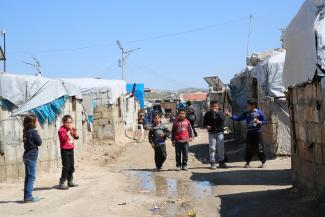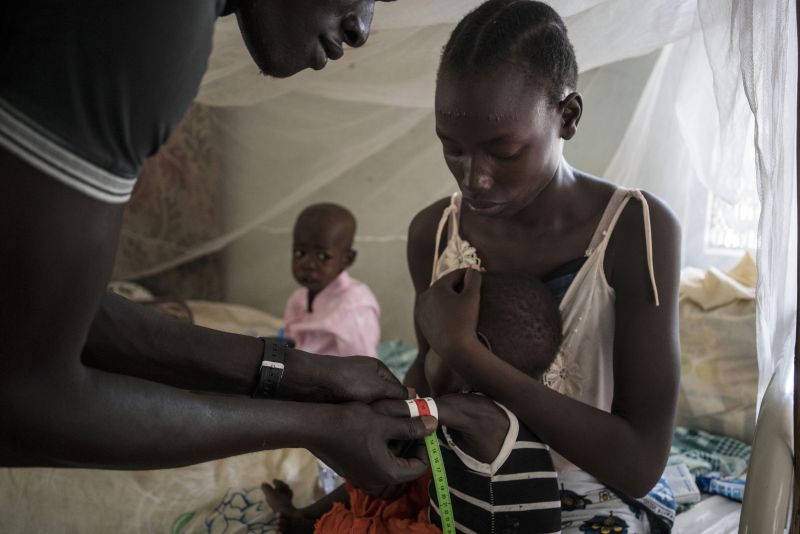IDPs
Greater international commitment is needed

Internal displacement has many causes – from wars and violent conflicts to natural disasters, to gradual environmental change and the implementation of large-scale development and infrastructure projects. According to the Internal Displacement Monitoring Centre (IDMC), the majority of people affected are in Syria, Colombia and the Democratic Republic of the Congo.
Many IDPs are as defenceless as cross-border refugees but are not entitled to international protection, explains Anne Koch, author of a study written for the German Institute for International and Security Affairs (SWP). Since the phenomenon of internal displacement occurs almost exclusively in poorer parts of the world, it remains largely below the radar of the wealthy nations.
Koch also claims that many countries deny the existence or extent of internal displacement because it indicates their own political failings and shortcomings. More-over, she complains there is only little and incomplete data on the problem because, as citizens of the state, the people affected are legally indistinguishable from the rest of the population: “They often remain statistically invisible.”
Although IDPs have the same legal status as their fellow countrymen and -women, in reality they are often unable to assert their rights. Many IDPs do not have the necessary documentation to enrol their children at school, for instance, or to register to vote. In many cases, they also have limited income opportunities and are traumatised.
The author warns that all this is political dynamite. Where a large population group is denied access to basic and civil rights for years, she says, the socio-political costs and political risks are high. They can undo a country’s development progress.
Many of the countries affected by internal displacement cannot find effective solutions to the problem, Koch explains, but they are reluctant to admit it. This makes the issue sensitive and often results in governments viewing international support as unacceptable interferences in their country’s internal affairs.
Nevertheless, the SWP researcher believes donor states should not be deterred. The issue of internal displacement should be on the development-policy agenda, she says, and stakeholders can engage in the following ways:
- They should reduce the causes of internal displacement and thus prevent it from happening in the first place by taking action to reduce poverty, promote democracy or facilitate adaptation to climate change.
- They should strengthen local institutions so that they have more capacity to develop infrastructure and basic services for IDPs.
- They should work to ensure that the needs of IDPs are systematically taken into account in national development plans.
The author notes that the legal status of IDPs has improved internationally over the past 20 years but that more work needs to be done on implementation. She believes that a strong international actor is needed to stand up for IDPs. The German government should pay more attention to the issue, she says, and work for long-term solutions. In the international process, Germany should push to improve the financial and personnel resources of the office of the UN Special Rapporteur on the Human Rights of Internally Displaced Persons. However, it would be politically more effective to appoint a new special representative for IDPs reporting directly to the UN secretary-general.
Reference
Koch, A., 2020: Auf der Flucht im eigenen Land (available only in German), SWP study.
https://www.swp-berlin.org/fileadmin/contents/products/studien/2020S04_binnenvertreibung.pdf











